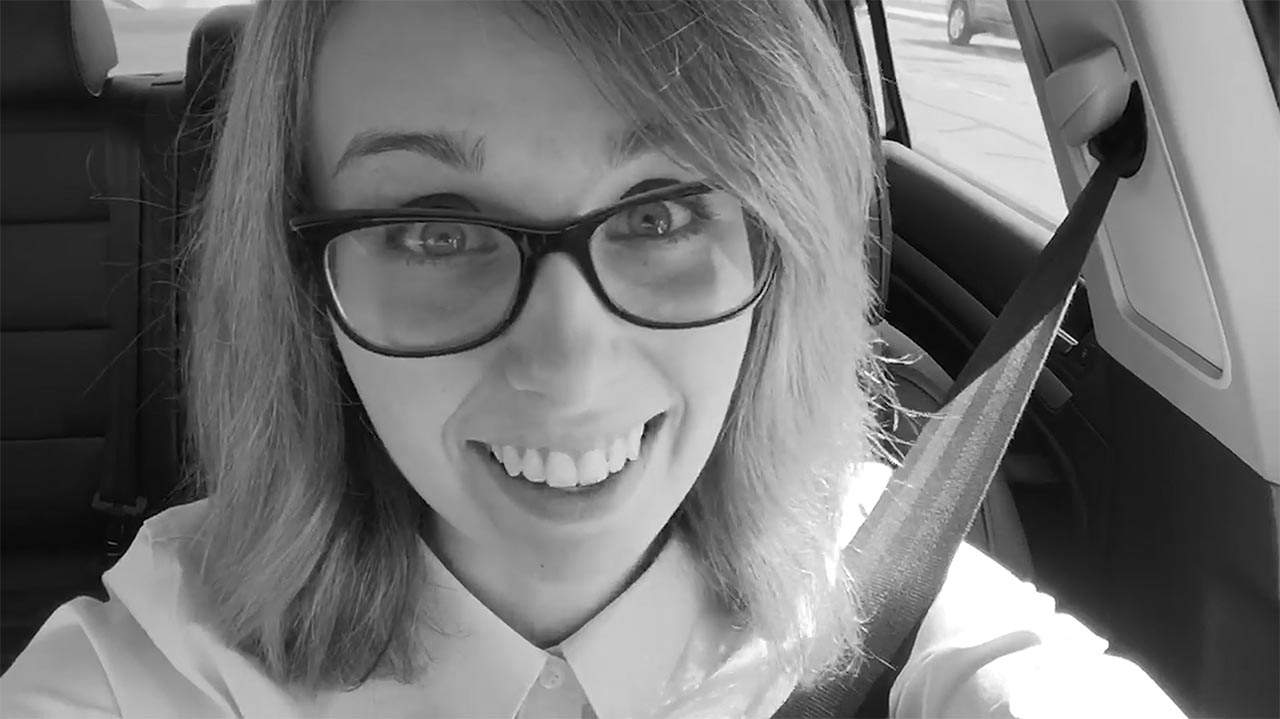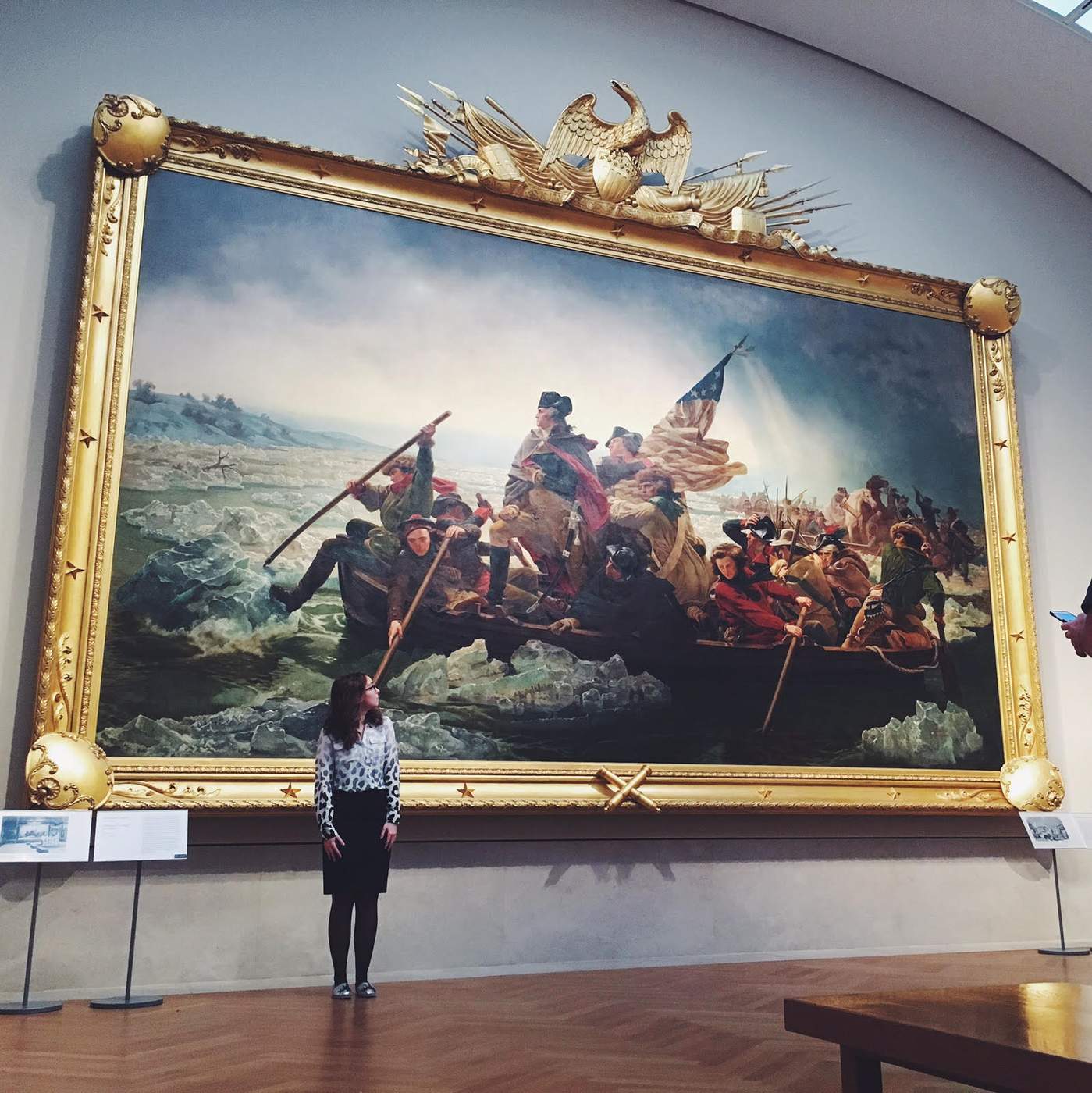Church and state
Rogers says her Christian faith plays an important role in her life and, in her opinion, should play a larger role in modern U.S. politics.
“The wall of separation is there to protect the church from the state, not vice versa.”
“Our founding fathers came from a variety of traditions, and yet they all saw the value in Christianity,” Rogers explains.
“Activists and elites have convinced Americans that Christianity and the West at large — which have achieved more for human dignity and progress than any other forces in history — are not to be celebrated or revered but destroyed, which has led to social isolation and philosophical despair,” she says.
Despite Rogers’ disappointment with the major-party candidates and the direction the country is headed, she says she firmly believes the United States is the greatest country in the world.
“As much as I would love to see differences in my dream America, so to speak, the America that I’m living in right now is one that people in any other country of the world would be blessed to live in, and lucky to live in,” she says with a smile. “So yeah, I won the lottery.”
Status updates
July 11, 2016, 12:54 PM
“Senseless loss of life is absolutely tragic wherever and however it occurs. Last week's [police] shootings in Baton Rouge [Louisiana] and Falcon [Heights, Minnesota] highlight increasing worry over police tactics. Members of the African-American community and gun owners alike ought to be concerned but also cognizant that most cops are good people attempting to protect their communities. The [police] murders in Dallas were made even more tragic by this fact; as [shooter Micah] Johnson fired shots during [the July 7] protest, police officers were shielding those who were protesting against them. Johnson's actions do underline a growing 'war on cops,' which must be guarded against vigilantly (as must be police brutality).”



